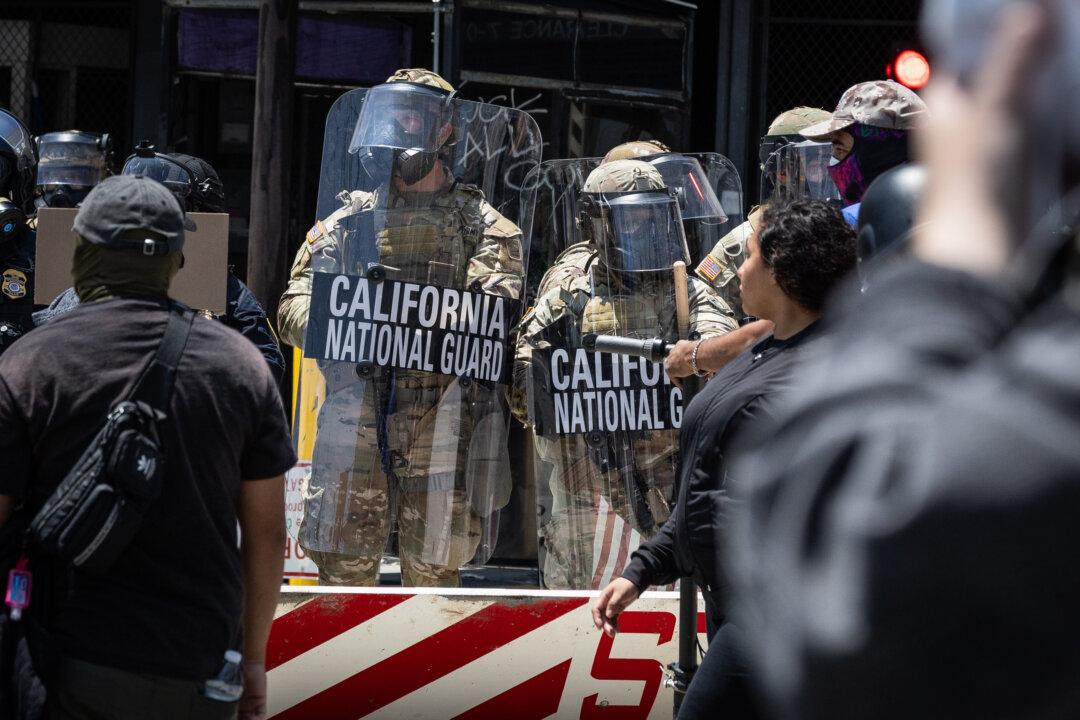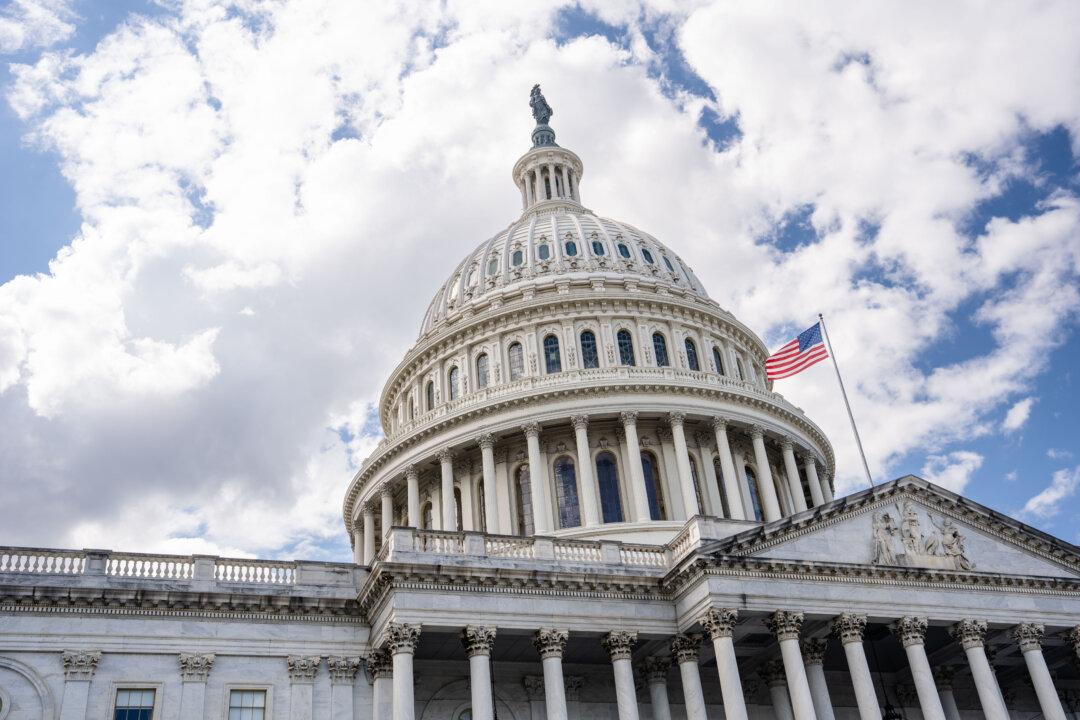The Senate this week is set to consider a $9.4 billion rescissions package that would codify cuts identified by the Department of Government Efficiency (DOGE)—including cuts to National Public Radio (NPR), the Public Broadcasting Service (PBS), and foreign spending.
President Donald Trump and Senate Majority Leader John Thune (R-S.D.) can spare no more than three defections to pass the cuts. But with time running out, several Senate Republicans have expressed skepticism about the proposed cuts.
Office of Management and Budget Director Russ Vought, meanwhile, said on July 11, “I am confident they will pass the bill.”
“We think it’s a very important step for Congress to show that they will pass the DOGE cuts,” Vought said. “It’s a $9 billion package because we want to see, is Congress serious about that?”
Hard Deadline
July 18 marks 45 days since Trump submitted the rescissions request, making it the absolute deadline for a vote on the package under the Impoundment Control Act of 1974.That legislation bars the administration from re-submitting the same rescissions request. That means that Trump will not have another chance to win a clawback on these items.
This places a hard restriction on considering the cuts. Administration officials, Senate leadership, and supporters of the cuts will need to work overtime to sway skeptics.
Vought has said he will be on Capitol Hill on July 15 to urge the adoption of the bill.
The Cuts
The bulk of the spending cuts in the rescissions package—$8.3 billion—targets funding for the U.S. Agency for International Development (USAID). Another $1.1 billion targets funding for the Corporation for Public Broadcasting, which oversees PBS and NPR.At $9.4 billion, the package, if passed, would represent a larger cut than all spending cuts approved by Congress since 1989 under the process laid out in the Impoundment Control Act—just shy of $6 billion.
Historically, such packages have managed to pass the House of Representatives—but have foundered in the Senate.
PBS, NPR Cuts
The administration and Trump himself have been clear about the necessity of approving cuts to the Corporation for Public Broadcasting.“It is very important that all Republicans adhere to my Recissions Bill and, in particular, DEFUND THE CORPORATION FOR PUBLIC BROADCASTING (PBS and NPR), which is worse than CNN & MSDNC put together,” Trump wrote in a post on Truth Social.
“Any Republican that votes to allow this monstrosity to continue broadcasting will not have my support or Endorsement.”
Vought also encouraged adoption of the cuts.
“We have been talking in this town, as conservatives, as Republicans about defunding the Corporation for Public Broadcasting for a very long time,” Vought said. “We are now on the verge of being able to do that.”
Sen. Susan Collins (R-Maine), a key GOP swing vote, has suggested that she is open to discussing the NPR cuts but has criticized other cuts to Corporation for Public Broadcasting funds.
‘Soft Power’ Concerns
While the proposed cuts to USAID contain many individual items opposed by Republicans, several Republicans have expressed concerns about the impacts these cuts could have on the United States’ ability to project “soft power” internationally.“Soft power” describes power using economic or cultural methods, such as foreign aid.
“Over my years in Senate, the biggest supporters of soft power I’ve run into have been the military generals, who are fully aware of how much more costly it is to have a war than to prevent one,” McConnell said.
“Soft power, at very little expense, goes a long way.”
Collins and Rounds have echoed these concerns.
During the hearing, Collins also expressed skepticism toward the administration’s reasoning for the USAID cuts, noting that the projects listed—including controversial social programs in foreign nations—were “the product of the misguided priorities of the Biden administration.”
“Unless the current administration plans to continue these controversial projects which it has identified, which I very much doubt, those projects alone cannot be used to justify the proposed rescissions,” she said.
Vought responded that the foreign aid cuts had been carefully chosen to solely target waste and abuse, telling the panel, “This is not a fade on soft power.”
“[Secretary of State Marco Rubio and I are] going line by line in each of these programs to articulate where we believe soft power could be effective, where we think that investment on the front end will keep us out of long-term, hard power conflicts of that nature,” he said.





